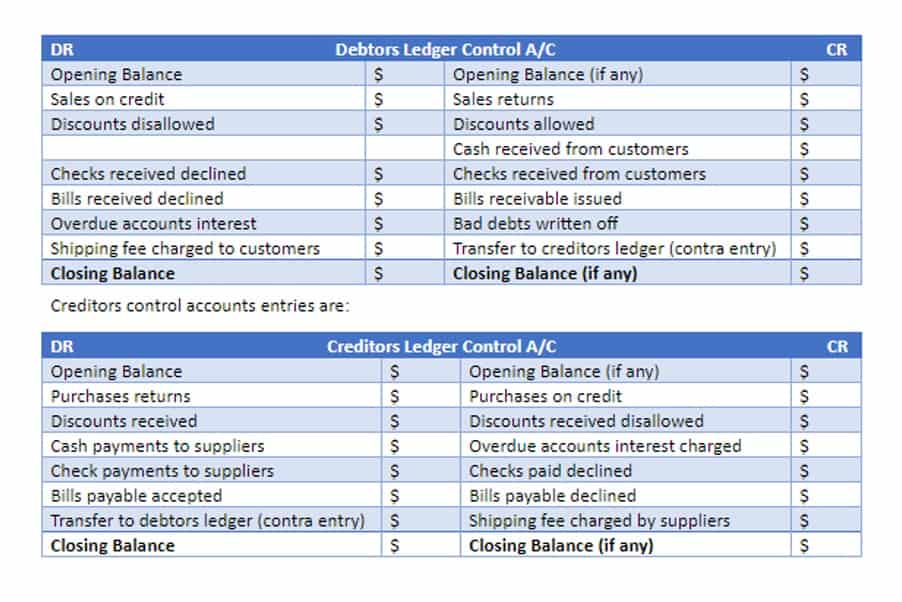
Illinois serves the world by creating knowledge, preparing students for lives of impact, and finding solutions to critical societal needs. ‘Study & Exam Prep Pack’ is what we call ‘Channels’ when it is bundled with an eTextbook or bundled with MyLab & Mastering courseware. When purchased on its own, you will see it called Channels, still the same study & exam prep help you need. You can renew your subscription by selecting Extend subscription on the Manage subscription page in My account before your initial term ends. This publication contains markup to enable structural navigation and compatibility with assistive technologies. Images in the publication MAY NOT be fully described, which is a barrier to those who rely on alternative text descriptions.

Do restricted funds need to be kept in a separate bank account?
On June 21, 2018, the Financial Accounting Standards Board (FASB) has issued accounting standards update (ASU) No. Many nonprofits are facing the decision of whether to accept digital assets or miss the chance of substantial donations as digital assets become more popular and easier to access. We have financial relationships with some companies https://www.bookstime.com/ we cover, earning commissions when readers purchase from our partners or share information about their needs. Our editorial team independently evaluates and recommends products and services based on their research and expertise. Business.com aims to help business owners make informed decisions to support and grow their companies.
- We will create journal entries for basic nonprofit transactions and prepare financial statements like the Statement of Activities and Statement of Financial Position from trial balances.
- Some of a nonprofit’s income can be taxable if not reported or managed correctly.
- One of the primary distinctions between government and nonprofit accounting lies in the governing bodies that set their respective financial reporting standards.
- Additionally, it encompasses the preparation of journal entries, and the necessary adjusting and closing of journal entries.
- Nonprofit and Government Accounting Fundamentals addresses the essentials of accounting and reporting for not-for-profit and government entities.
Difference 1: Financial Reporting and Standards

We will first differentiate between FASB and GASB Statement of Cash Flow requirements. In addition to this, we will create a required piece of GASB’s Statement of Cash Flow, which is the Reconciliation of Operating Income to Net Cash Provided government and nonprofit accounting by Operating Activities for a Statement of Cash Flow. When it comes to generally accepted accounting principles for nonprofits, it is the norm for organizations to use the accrual basis of accounting for revenue recognition.

FASB Clarifies and Improves Guidance for Not-for-Profit Grant and Contribution Accounting

With the amount of money we pay in taxes each year, it is madness to not look at a governmental financial statement just as you would for any other substantial investment. Donating money blindly without making sure that it’s getting to those who need it is the same thing. Governments treat our money in a distinctive way—they’re not trying to make a profit. Ideally, a government wants expenditures to be very close to revenue in any given year. Differences between revenues and expenditures are called surpluses (a positive difference) or deficits (a negative difference). Don’t forget, though, that a surplus is not a profit, nor is a deficit a loss—governments aren’t in the business of hoarding money (nor are they „in business“ at all, as it were).
- We will also review key concepts unique to the nonprofit sector, including tax-exempt status, unrelated business income tax, political activity restrictions, and preventing excessive officer benefits.
- GASB establishes accounting and financial reporting standards that ensure transparency, accountability, and consistency in the financial activities of government organizations.
- Spreading awareness is the only way to make an impact in any large measure, so share what you know about these financial statements with others.
- Nonprofit organizations report using accrual basis accounting and Financial Accounting Standards Board and GAAP standards.
Updating these records should be part of regular bookkeeping and accounting operations, and the financial tracking system should be standardized across the organization. However, many nonprofit organizations don’t allocate resources for a professional accountant to manage their finances. Tiffany Couch, CEO of forensic accounting firm Acuity Forensics, says this is one of the biggest mistakes not-for-profit organizations make. Like any organization that handles cash flow and pays taxes, nonprofits should invest in a professional accounting and finance team. Though the terminology differs, nonprofits and for-profits use the same accounting principles. In government accounting, revenue recognition follows the modified accrual basis of accounting.
Get Weekly 5-Minute Business Advice
How do Channels subscriptions work?
- The reporting requirements set forth by government and nonprofit accounting sectors significantly impact how financial statements are prepared and presented.
- GAAP’s goal is to ensure companies’ financial statements are consistent across industries — allowing investors and the government to interpret them more easily.
- We will examine and analyze the General Fund’s operating budget and transactions, preparing and analyzing journal entries for budgetary reporting and preparing fund-level journal entries.
- The fund-basis statements are then used as input in the preparation of government-wide statements.
- This classification system helps nonprofits manage donor expectations and ensures that funds are used according to donor intentions.
- Fund accounting and net asset classification are pivotal concepts in government and nonprofit accounting, respectively.
